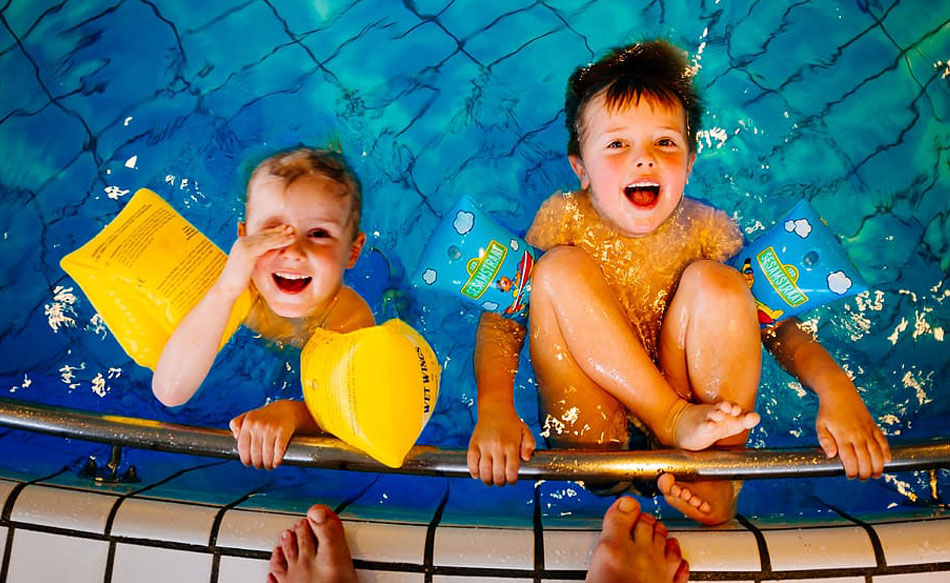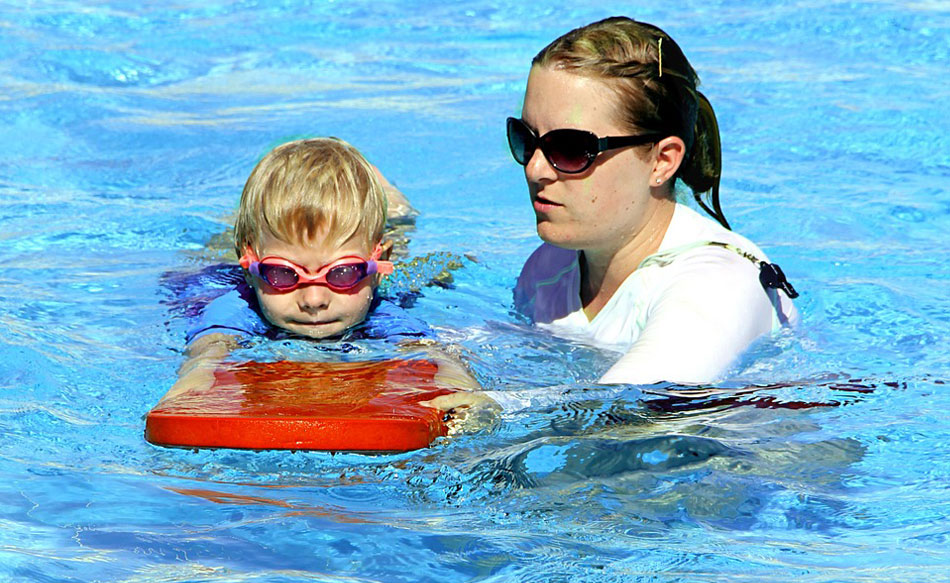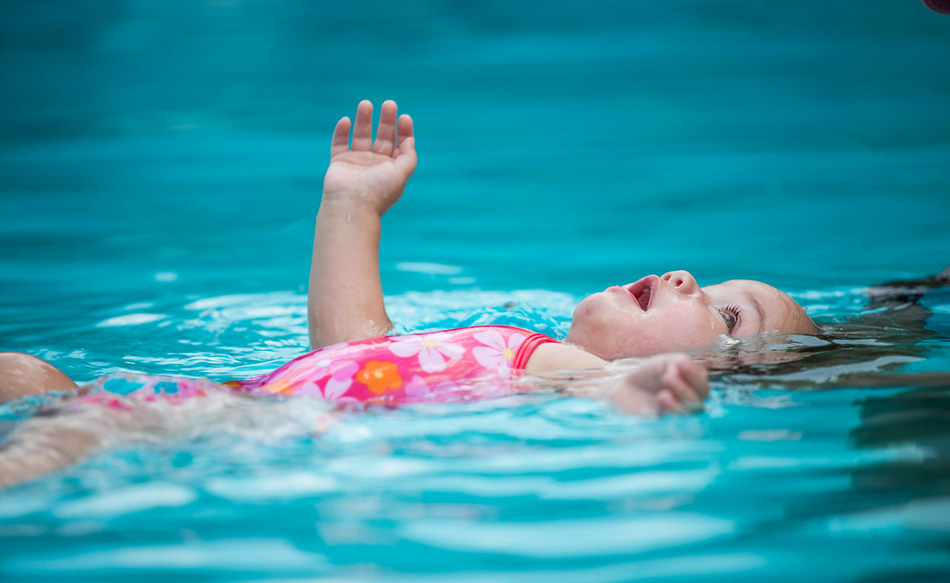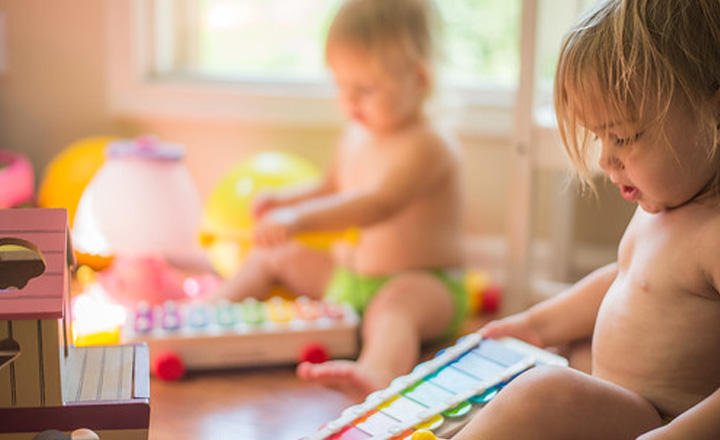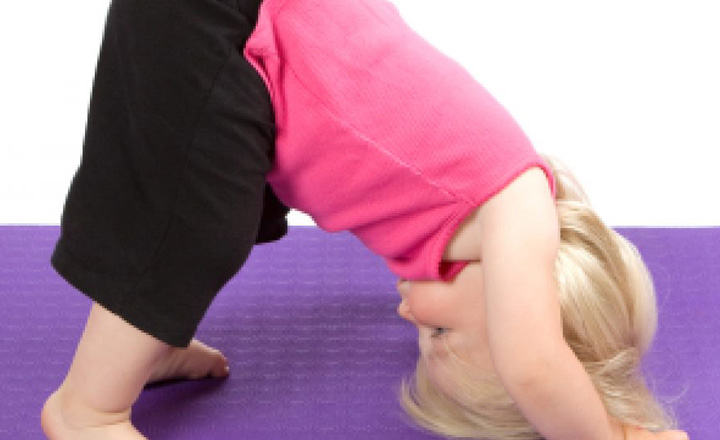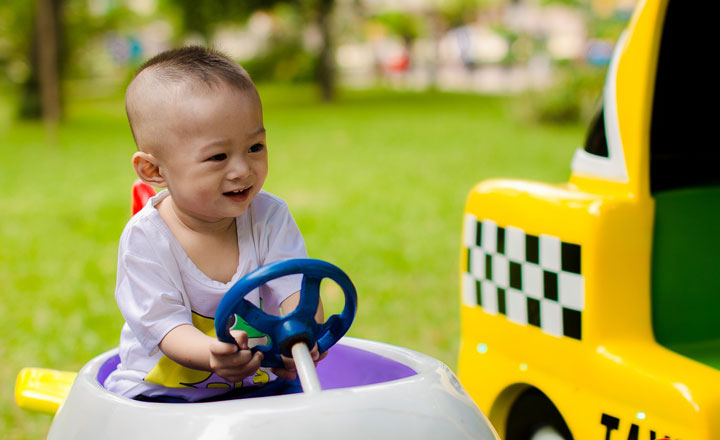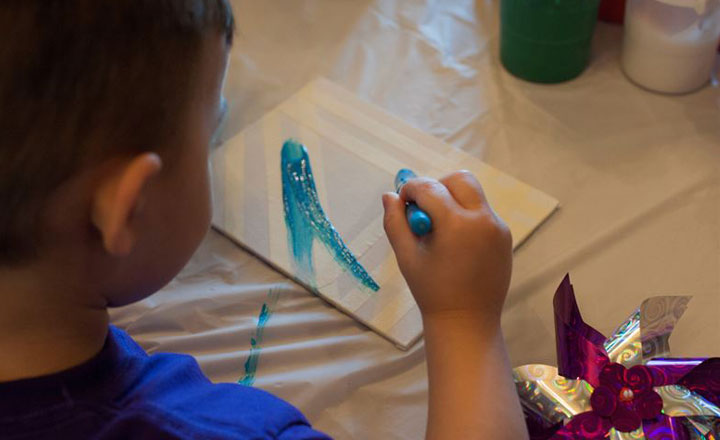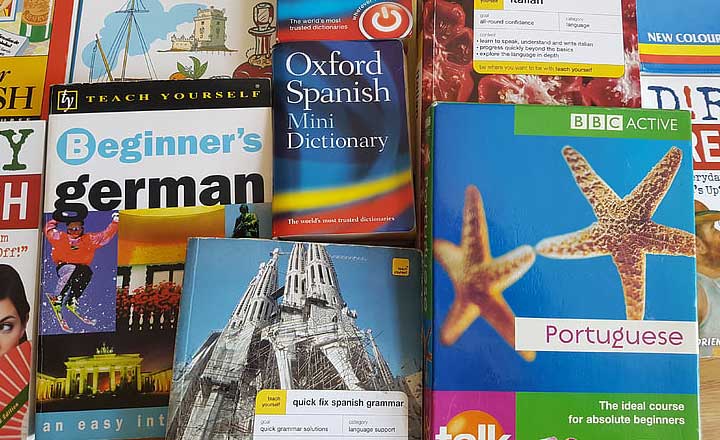One of the most enjoyable activities, swimming also provides loads of health benefits, which can help to keep your children healthy and happy at the same time. Young children who learn swimming at an early age reach many developmental milestones earlier than the norm as per the studies conducted by researchers from the Griffith Institute for Educational Research surveyed parents of 7000 under-fives from Australia, New Zealand and the US over three years.
In our school, we emphasize swimming as it promotes mental development, builds confidence, improves the child's social skills and overall well-being. Swimming is an active sport; children living an active life are happier, healthier and more intelligent because they keep their blood pumping through their bodies and brains, which is essential for children's development. We must develop skills in order to build up their social skills to a team player. Choosing swimming as an activity teaches children to discipline themselves. At an early age, this level of dedication will set kids up for future difficult decisions. Many of these experiences in other learning environments are highly valuable and will be of great value to young children when they transition into pre-schools and school.
Level – Mother & Infant
The class introduces the parent and the infant to the water and shows the parents how to lead their children to the water. You just want to expose your child to the water at this age. You should play with your child on your own in the pool or take a class about having fun and getting comfortable in the water— not learning to swim. In this class both parent and infant will be enjoying singing songs while bobbling in the water and other gentle activities and games.
-
-
Prerequisites: Children must be accompanied by an adult in the water.
Level – Mother & Tiny Tot
Here your curious child will be more active and kicking to have some fun. Basic water skills taught: getting into and out of the pool, going into the water, spinning, blowing bubbles, floating back and front, diving, running, gliding, and turning. There will be fun games in this class that will allow the child to push his arms (throw a ball around the pool to get them to touch it) to kick their legs to float back or stomach.
-
-
Prerequisites: Children must be accompanied by an adult in the water.
Level – Toddlers
Now that your child is developing the coordination necessary to learn to swim by themselves, a more formal structure will be followed as lessons. Basic water skills taught: Blowing bubbles, holding breath, opening eyes underwater, front and back floats, kicking, jumping and diving in. More advanced swimmers are taught these additional skills: Crawl stroke, backstroke, underwater swimming, and building endurance.
-
-
Prerequisites: All swim levels. Classes grouped by child’s skills and experiences.
Level – Children/ Teenagers (Age 6 and above)
Depending on requirements the swimming lessons will be provided. Classes will cover confidence in shallow water, go underwater, float & kick without assistance, basic Front and Back-Crawls, float in deep water without assistance, Crawl stroke with side-breathing & Back-Crawl, the Kneeling-Dive, Breaststroke & Butterfly stroke and swim in deep water.
Contact the Office of Vidyansh for more information on class timings.
